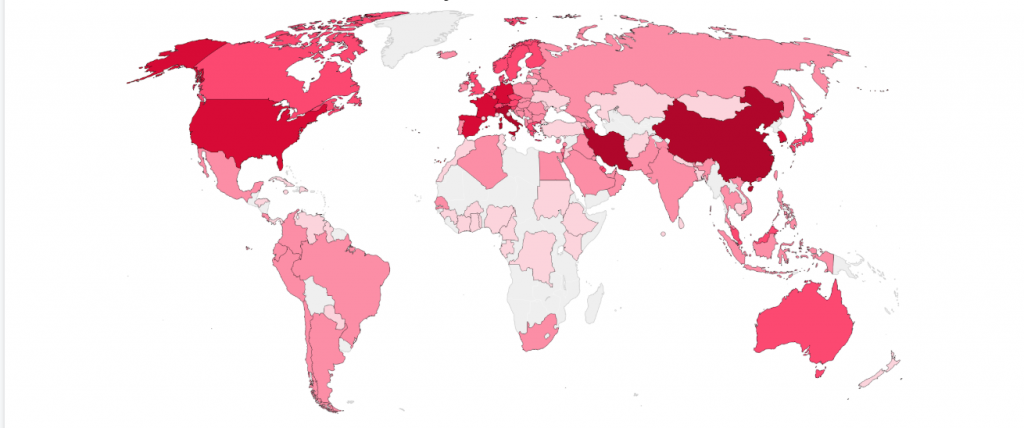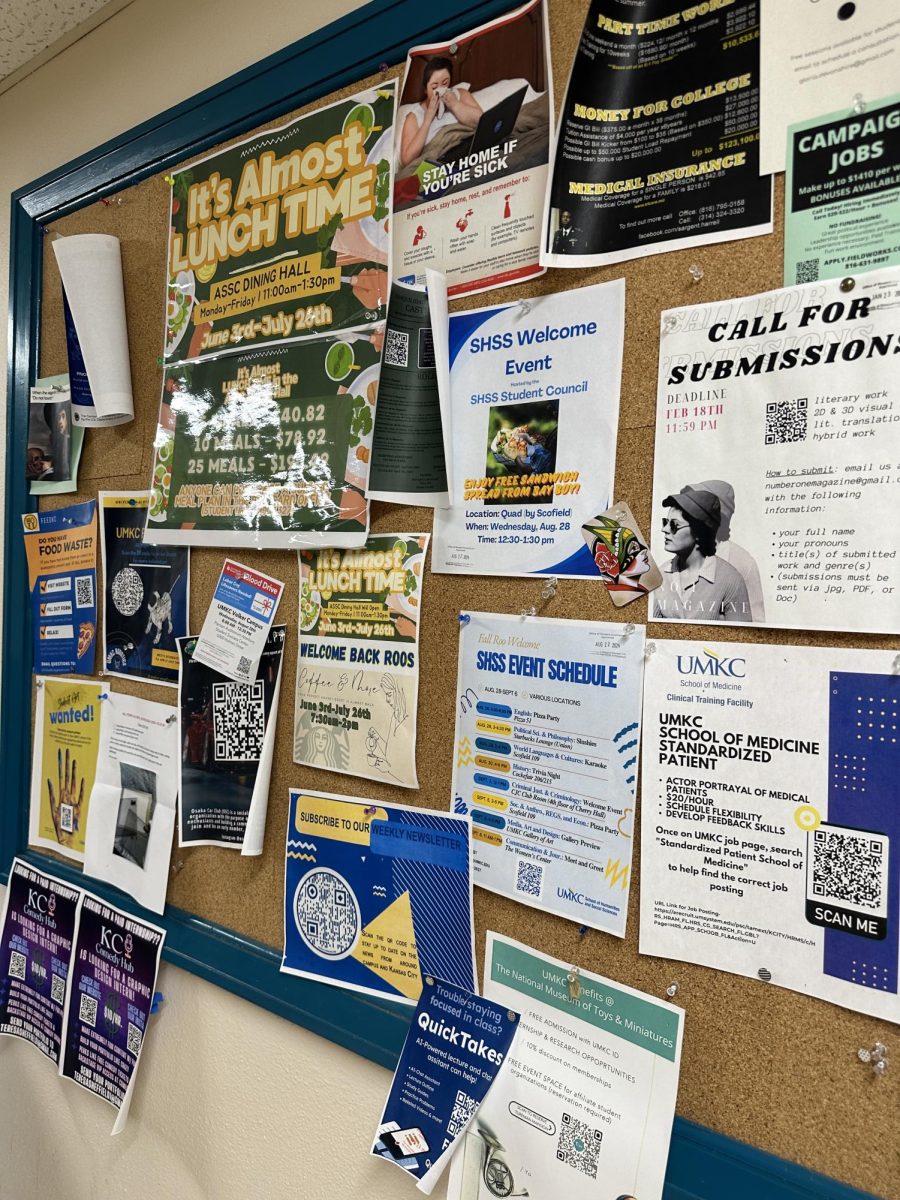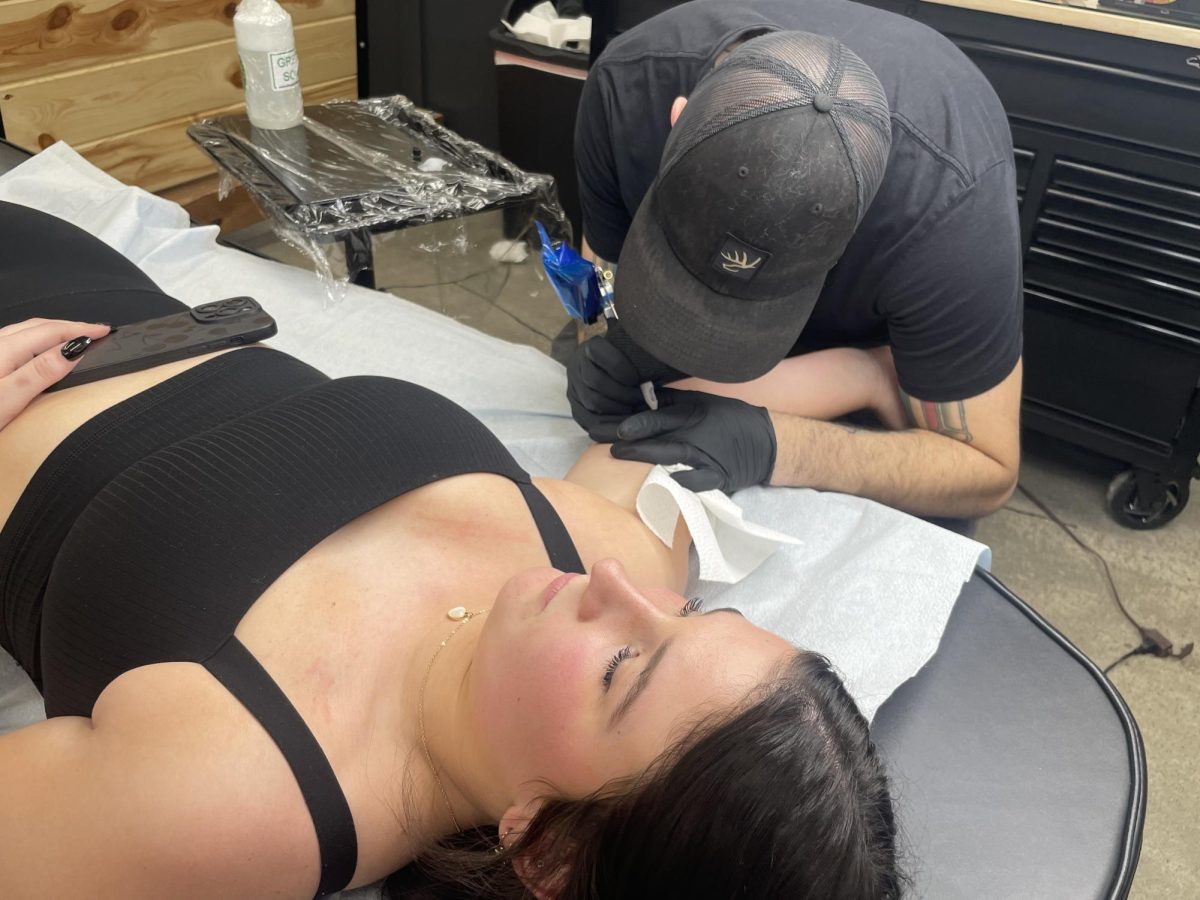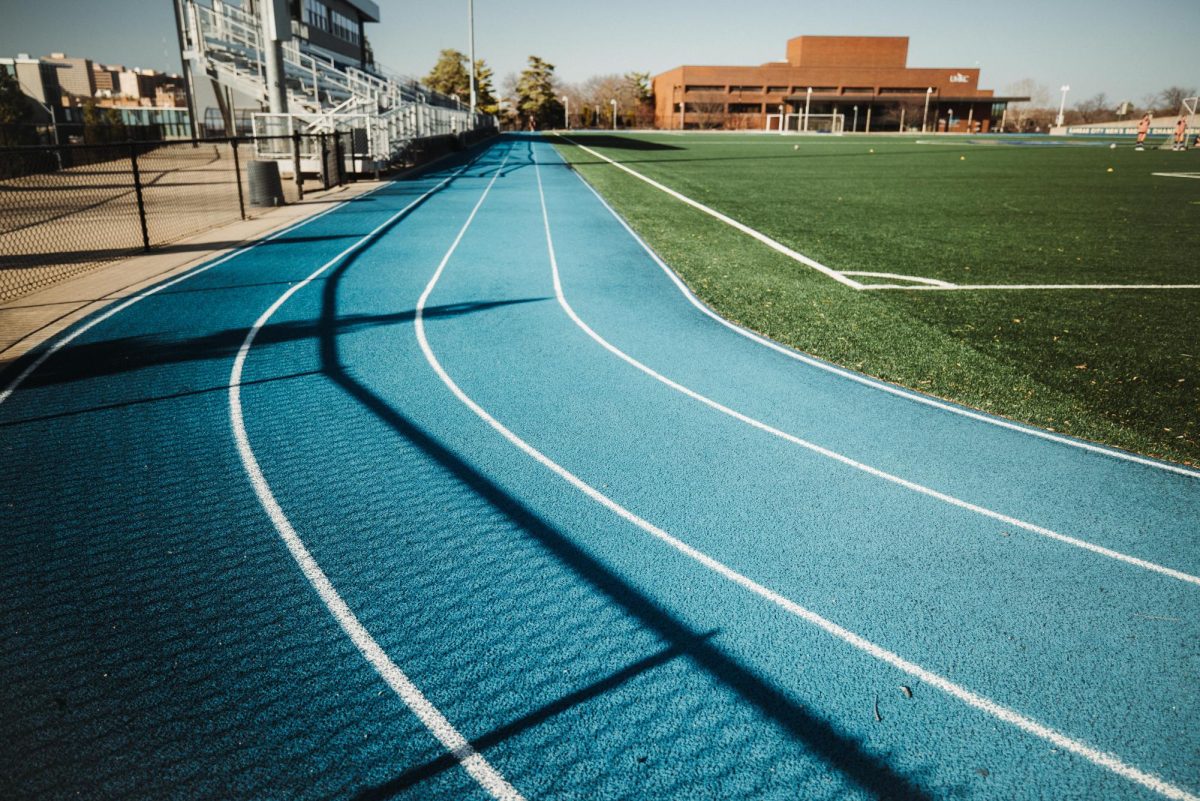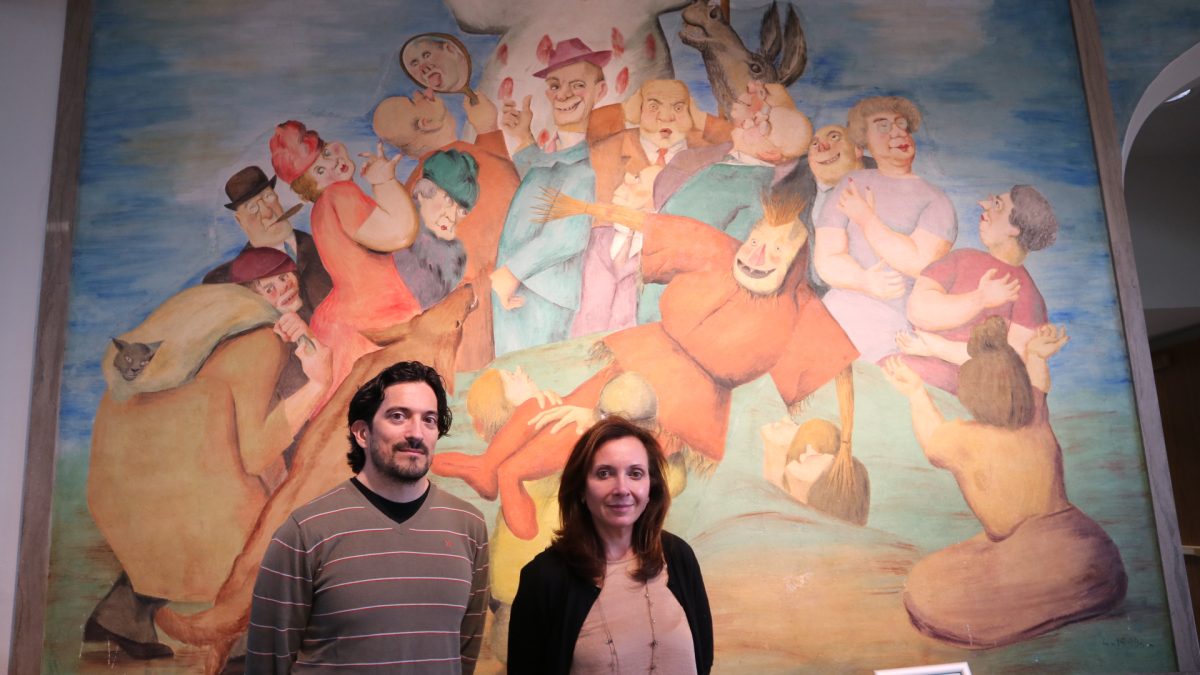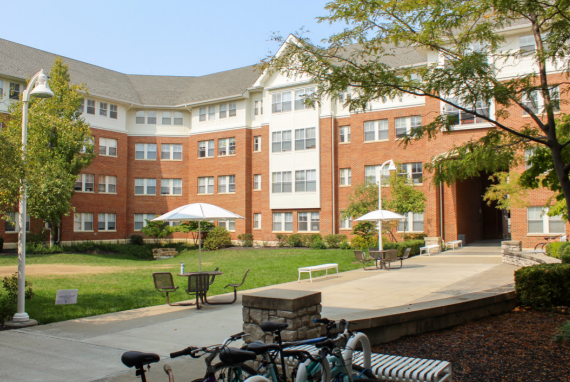Note: Due to the rapidly evolving nature of this situation, some facts and figures may fall out of date in a matter of hours to days.
How many people are currently infected?
As of the time of this article over 162,000 cases have been reported worldwide, with about 3,000 in the US. However, this number is rapidly changing, and could be inaccurate due to difficulties with widespread testing in many countries. Additionally, epidemiologists have reported that up to 80% of those infected with the virus can carry it while presenting few symptoms, which reduces the accuracy of current infection counts.
How many people have died?
Over 6,000 people have died worldwide, with about 60 deaths in the US, the majority of which are concentrated in Washington state. The fatality rate has varied from less than 1% to over 3% in different areas, but a firm fatality rate is difficult to estimate due to varying health care and testing resources across the globe.
What states have been affected?
Cases have been reported in 49 states at this time, with the exception of West Virginia. Washington state has been the hardest hit with over 600 cases, followed by New York state with over 500 cases and California with over 300 cases.
How has Kansas City and UMKC been affected?
According to UMKC administration, no one from the university has contracted the virus. However, several cases have been reported in Johnson County, and there are currently five cases in Missouri.
What if I have coronavirus? What are the symptoms?
In many people, the coronavirus presents cold or flu-like symptoms, such as a runny nose, cough, sore throat, or fever. More serious cases can lead to pneumonia or difficulty breathing, especially in children, the elderly, and the immuno-comprimized.
How can I protect myself from the virus?
Recommendations from the World Health Organization and the CDC include frequent hand washing of at least 20 seconds duration, coughing and sneezing into the elbow rather than the open air, avoiding touching your face, social distancing (i.e. keeping over 3 feet away from anyone who is coughing or sneezing, avoiding crowds and packed areas), and seeking medical help if symptoms present themselves.
How can I be tested for the coronavirus?
Testing carries from state to state. In Missouri, public health officials recommend contacting your healthcare provider if you believe you need testing. The test can then be performed by a state or commercial lab, with results from the state lab coming within 24 hours. For more information, Missouri’s coronavirus hotline is 877-435-8411.
What is the US doing to protect against the virus?
President Trump declared a national state of emergency, which allows additional resources to be freed to combat the virus. Though the federal government has faced extensive criticism for its response to the virus and the lack of available testing resources, federal agencies have announced partnerships with several companies to speed up testing and provide more resources to affected states. Additionally, President Trump announced a travel ban last week that applies to most of Europe, including Great Britain. While American nationals who have been tested for the virus will be allowed to return home, other travel for non-Americans has been restricted. The administration has also fielded the possibility that it will restrict domestic travel as well.
What is Kansas City doing to protect against the virus?
Mayor Quinton Lucas declared a state of emergency in the city last week. This gives the city the power to ban gatherings of over a thousand people (though Jackson County recommends against gatherings of over 250), close businesses, establish a curfew, call up law enforcement and firefighters, evacuate public areas and limit the sale of alcohol and gasoline. In addition, events, businesses and gatherings across the metro area have been cancelled or delayed due to the virus.
What has UMKC done to protect against the virus?
All UM system schools (UMKC, UMSL, Missouri S&T, and MU) have all suspended in-person classes for the rest of the semester, moving exclusively to online learning. At UMKC, all university events have been cancelled, non-essential travel is prohibited and Swinney Rec Center has been closed. However, the residence halls, library, and other university buildings remain open into the near future.
How has the economy (and my job) been affected?
Heralded by some as the beginning of a recession, the stock market has plummeted in response to the coronavirus, even reaching the “circuit breaker” that halts trading after high percentage drops in the market. Though numbers have gone up somewhat in response to stimulus from the federal government, the future status of the market is still in question. For ordinary Americans, this has led to large drops in values for investments and 401(k)s that many rely on for retirement.
On a more local level, business closings and social distancing measures have led to many to now work from home. However, some unable to do so face unemployment for an indefinite period of time, especially for jobs in the service industry that are often held by students. At UMKC, students employed in facilities that have closed, such as Swinney Rec Center, face an uncertain future. Though a measure has been fielded by the SGA to continue paying these student workers, its fate is uncertain.
Will I be compensated by the school for the drastic changes to my education?
There is currently no word from the school whether students will be compensated for the changes to their education or the loss of some services they paid for, though a resolution is being presented to the Board of Curators asking them to do so.
How long will this last?
Though many cancellations extend into April and May, the timeline for this virus is, like many other factors, uncertain.
samuelbellefy@umkc.edu


